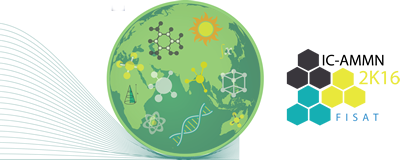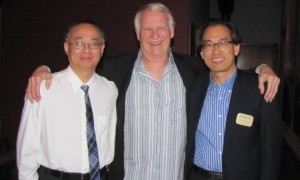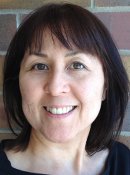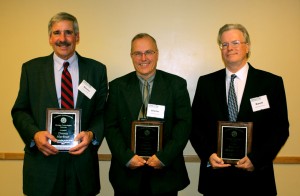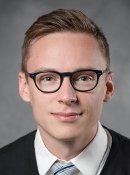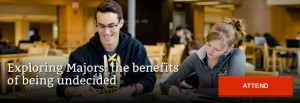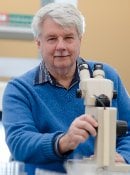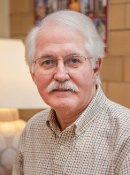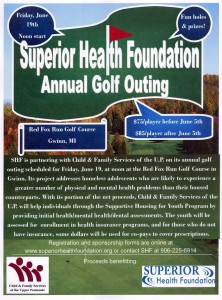On January 20, Michigan Tech student Amanda Marciniak was named the recipient of the Lt. Col. Bill Morley Academic Scholarship by the Arnold Air Society and Silver Wings national headquarters. The $2000 scholarship recognizes superior academic merit and dedication to advocating for our nation’s aerospace power.
Silver Wings is a national, co-ed, professional organization dedicated to creating proactive, knowledgeable and effective civic leaders through community service and education about national defense. Members are civilian students who desire to work with and support Air Force ROTC programs at universities around the country. Michigan Tech’s own Dotsie Stewart Chapter of Silver Wings was chartered last year and works closely with Arnold Air Society, an Air Force ROTC cadet service organization. Together these two student organizations work hard together to support community events, provide volunteers for local veteran’s organizations, raise money for charities and promote the activities of Air Force ROTC.
Ms. Marciniak’s essay and student record was selected from among nearly one hundred submissions around the nation, and is one of only seven winners. Her achievement puts Michigan Tech and our Silver Wings chapter on a short list of successful and noteworthy schools which will be recognized at the Arnold Air Society and Silver Wings National Conclave in Dallas, Texas this March. Ms. Marciniak will travel and attend for free and have the opportunity to meet General Robin Rand, the commander of Air Force Global Strike Command; Gwynne Shotwell, President and COO of SpaceX and Peter Bergen, author, journalist and National Security Analyst for CNN. Congratulations Amanda Marciniak!
From Tech Today, by Jason Engler, Chair Aerospace Studies (AFROTC).
